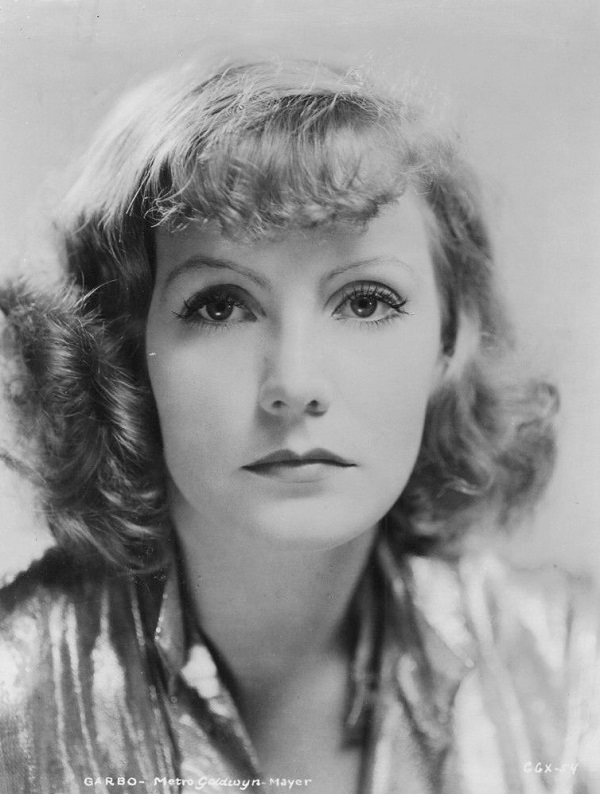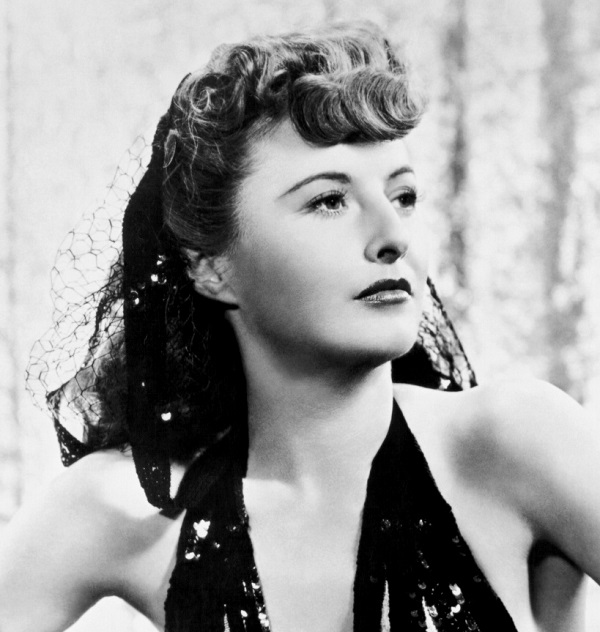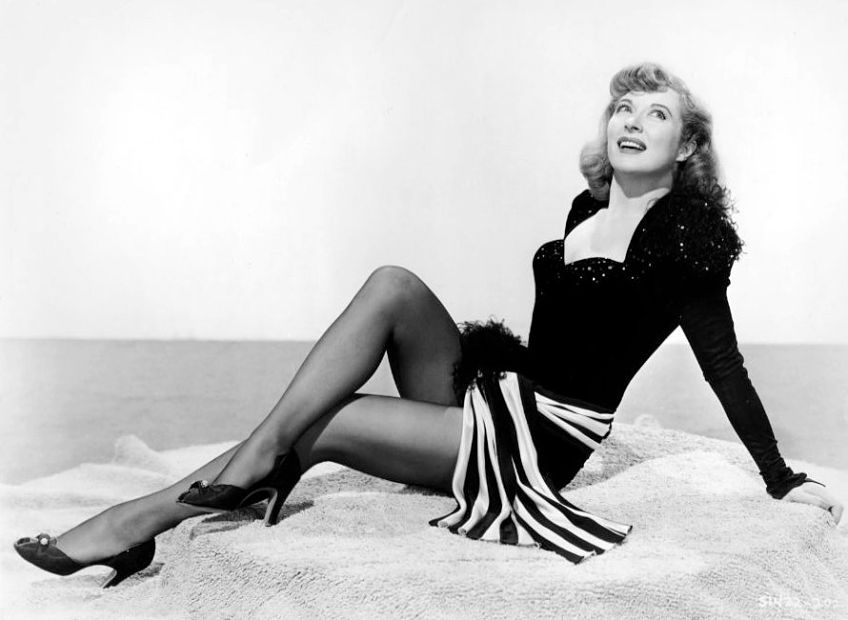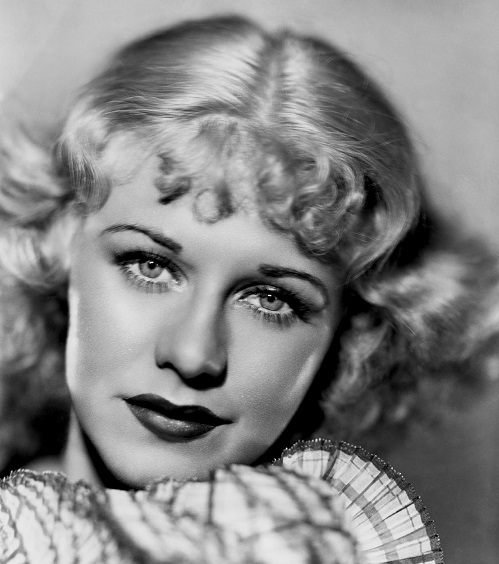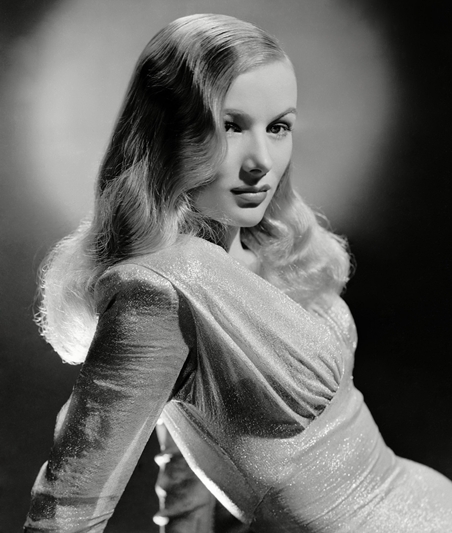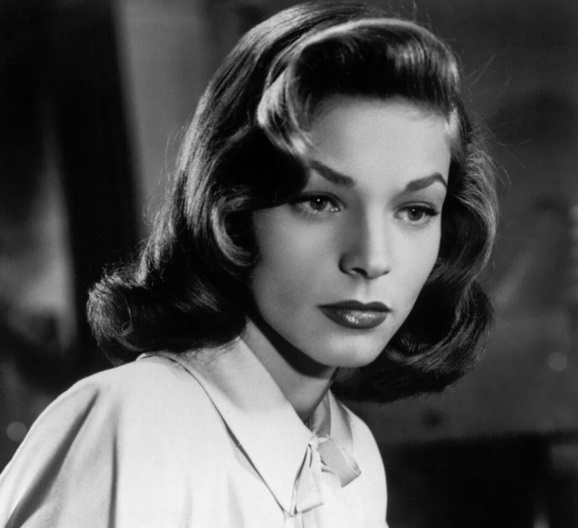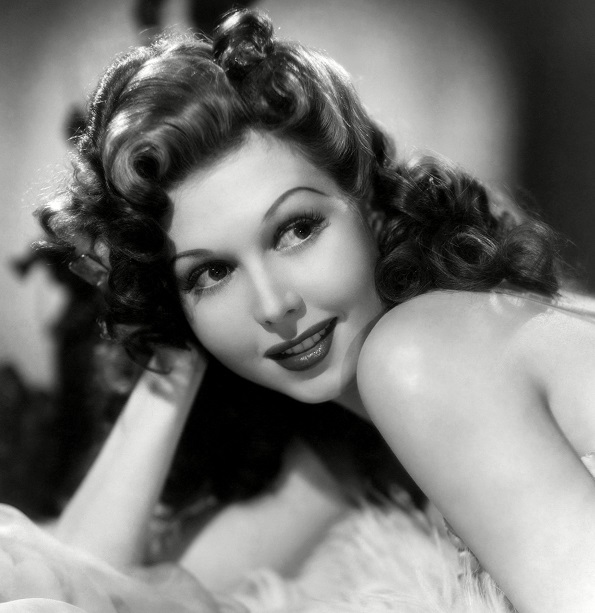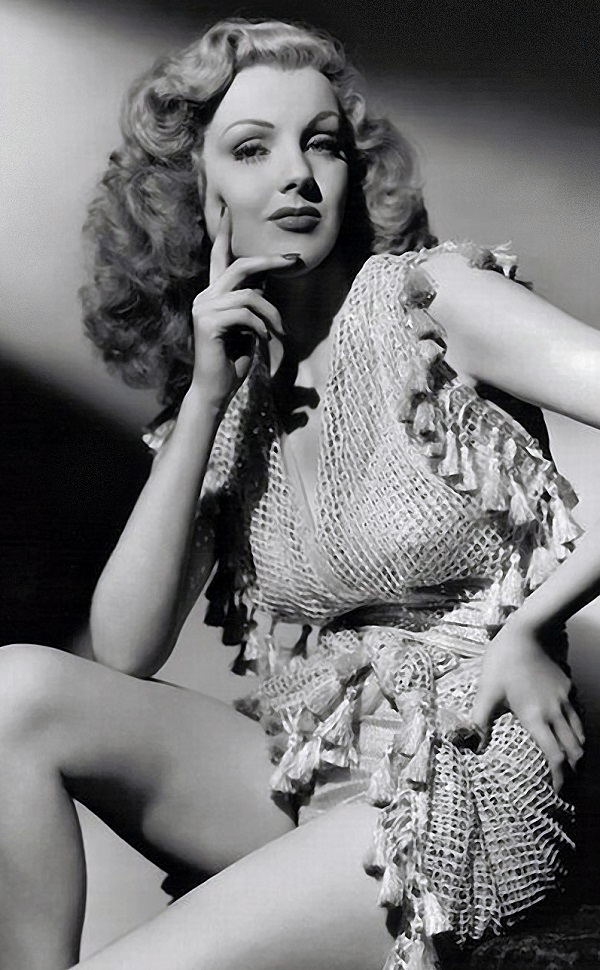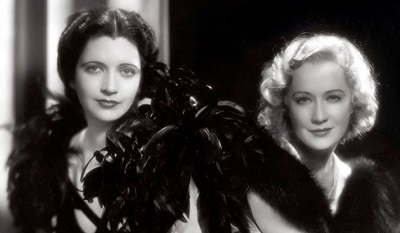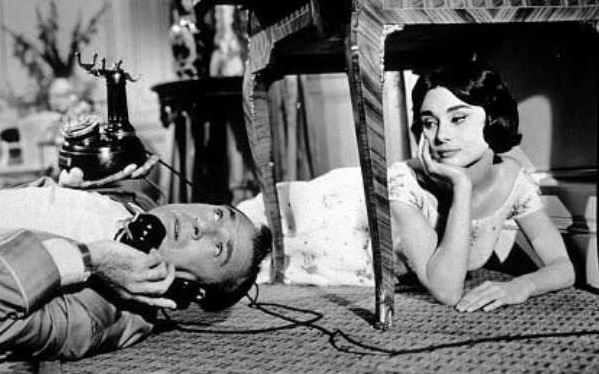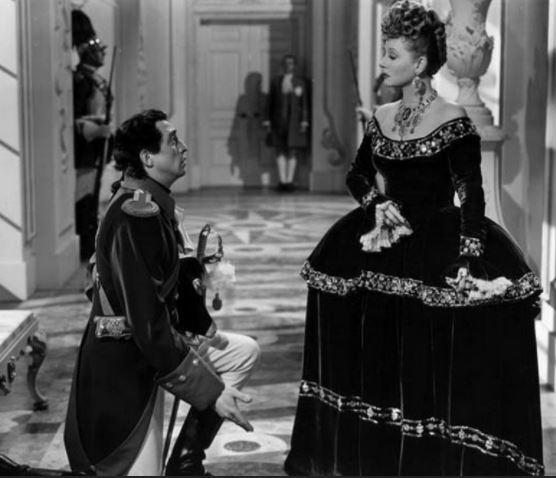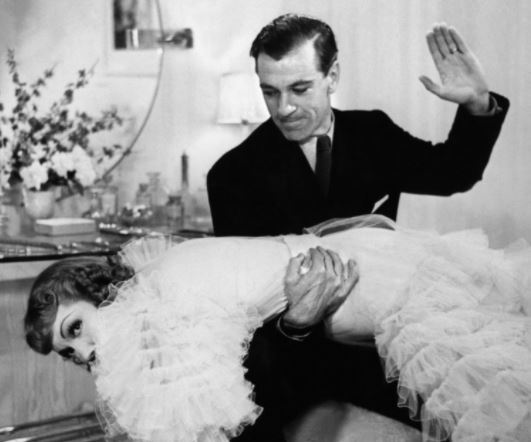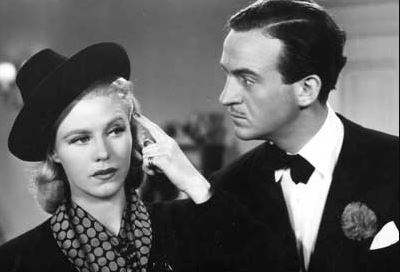Here’s one I can definitely get behind:
Ageing cinema audiences looking for intelligent dialogue are being let down by a male-dominated industry obsessed with blockbusters filled with violence and special effects.
My only quibble with an otherwise excellent sentiment is the “male-dominated” part, even though it might be true. The fact of the matter, though, is that male domination is irrelevant: Hollywood (and the movie industry in general) can’t rely on domestic audiences anymore because the real money is to be made in the vast Asian market. And dubbing is expensive, so instead they make action movies — and by resorting to comic-book characters and storylines, they get a double bonus because the US market can be counted upon to supply a large number of retarded neo-adolescents who are still reading comic books at age 30+. Hence the success of Transformers 27 , Fast & Furious 51, Spiderman Meets [Super-Villain #16] , and similar childish bullshit.
Aldous Huxley would be laughing hysterically right now, because his “feelies” have materialized — only instead of actual touching, movies’ audio tracks are cranked up to 15 so that the senses can be literally assaulted by sound.
And another thing, speaking of artificiality: CGI special effects should not be used for reasons other than logistical (e.g. CGI-generated fleets of C-47s ferrying paratroopers into Normandy in Band of Brothers: good; making CGI characters / machines the heroes of the movie: bad — no, awful). Given the trend towards the latter, it’s no surprise to me that movie directors are already talking about simply transplanting well-known actors’ faces onto CGI bodies and being able to make movies entirely in a digital studio as opposed to on an expensive studio lot — hell, that’s already started in the porno industry (always an innovator and ground-breaker in technology, by the way), much to the consternation of actresses like Meryl Streep, Scarlet Johannson or Kathy Bates.
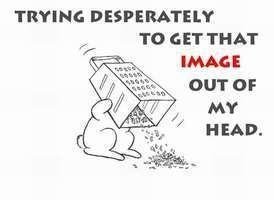
Whenever I’m asked why I haven’t seen the new Masters of the Galaxy (or whatever it’s called) movie, I simply reply that I quit reading comic books at about age 11*, as should every adult. The storylines are boringly repetitive, the action equally so, and the characters’ emotions are, well, set at comic-book level (which is what’s required for a preteen audience who don’t have the mental software to appreciate or even recognize complex emotional issues). It’s fine for kids, in other words; but if someone age 50 tells me he’s still seriously into comic books and/or their movie derivatives, I actually start to wonder about his mental maturity. Love of comic books by adults, at best, signifies a lazy intellect and at worst, immaturity. (Yeah, I know. Sometimes the truth hurts, dunnit? Please spare me the lofty rationale why you still act hysterically like a preteen fanboi every time there’s talk of replacing Robert Downey Jr. with Will Smith in the next Iron Man. And don’t get me started on the Star Wars industrial complex.)
Small wonder that the SJW movement is so into simplistic entertainment like RPG online shoot-’em-up fantasy games, Marvel comics and Michael Bay’s crappy automotive transmogrification movies. It’s a logical extension of SJWs’ entire snowflake persona which is so easily seduced by bumper-sticker slogans and -philosophy.
And yes I know, it’s just escapism. I don’t care. Escaping reality into a sophisticated Billy Wilder or Ernst Lubitsch comedy is one thing; escaping into the latest Iron Man extravaganza, even with Robert Downey Jr.’s excellent performance, is no better than downing a bottle of tequila — you come out of it with your senses reeling and a faint taste of nausea, not to mention shame that you allowed yourself to be seduced into this nonsense so easily. (If you come out of the latter feeling spiritually enriched, then you’re beyond help.)
And speaking of seduction: I have no idea what women’s role is in all this, hence my dismissal of “male-dominated” as irrelevant, earlier. As a rule, women don’t do action movies (note, please, that NAWALT, but as a generalization, it’s true — just look at the attendance / fan base breakdown by sex). My guess is that younger women are being assaulted by the combined force of intellectual laziness and militant feminism (which I suspect considers romantic comedies as yet another manifestation of the Patriarchy — fuck, I am getting so sick of that trope). The outcome is just going to lead to an endless stream of 50 Shades Of Grey and Twilight replicas. The awfulness of the original 50 Shades wish-fulfillment fantasy and the vampire-struck Twilight in itself means that the sequential wannabes will be so dire that audiences and readers thereof will have to be issued barf bags. Anne Rice’s dreadful supernatural soft-porn novels of the 1990s were just a harbinger of worse things — and boy, are we seeing them now.
For myself, you can count me in Imelda Staunton’s “grey pound” (or in US terms, “grey dollar”) group. As she so correctly puts it: “There are a lot of people who want to listen to intelligent dialogue and see films that make you think, but also [with characters] that don’t just go around killing.” I agree completely. As much as I enjoy a good occasional killing in a thriller (book or movie), I can live without them — witness my affection for modern movies like A Good Year , Hope Springs and Midnight In Paris, to name but three that could be classified as romantic comedies, but which are actually stories of character development. No special effects, no CGI, no explosions or car chases: just simple themes with complex characters facing life-changing challenges.
So you’ll forgive me if I can’t converse knowledgeably about the latest Marvel movie which combines classical mythological figures like Thor and Loki with modern mythological figures like Iron Man and Captain America — good grief, the whole premise makes me want to reach for the single malt — because the chances are that I won’t have seen it. And as for the female type of fantasy escapism, this picture encapsulates my sentiment exactly:
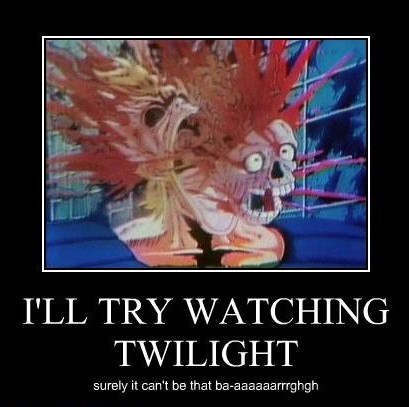
Actually, you can substitute any of the current comic-book genre movie titles into that meme, and you’ve got my position.
*Not all comics are for kids. I’ve never quit reading Asterix and Tintin stories, for example, for the simple reason that like earlier Looney Tunes cartoon movies, the humor is not just aimed at children, but in many cases it’s seriously adult-oriented. And if you don’t understand Latin and Roman-Gallic history, a lot of Asterix is going to sail right over your head.
